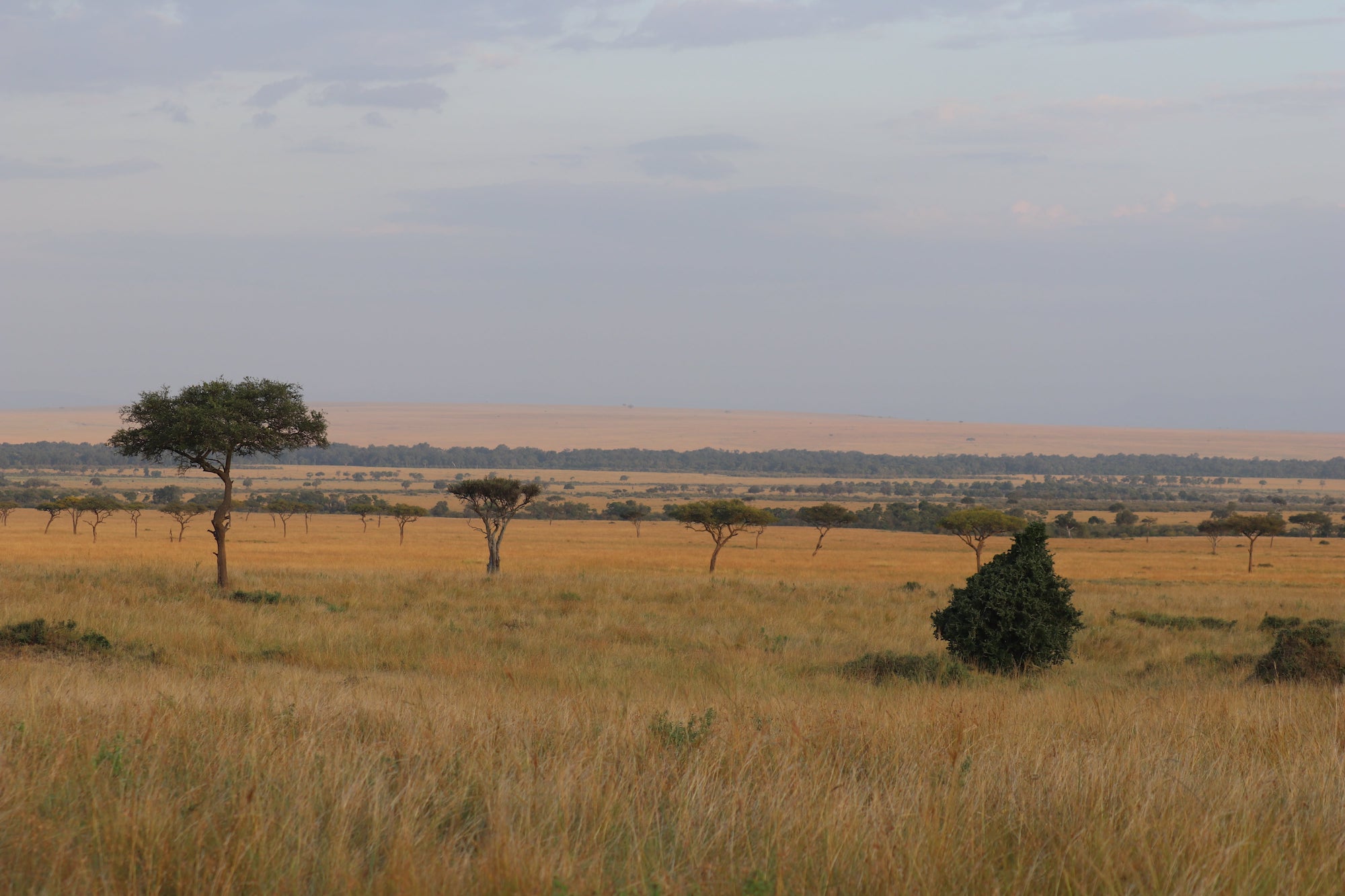I focus on innovative forms of financing sustainable economic development, from impact investing to agricultural finance. I also study agricultural markets, with a focus on smallholder farmer value chains in East Africa.

Peer-reviewed Publications
Financial Returns or Social Impact? What Motivates Impact Investors’ Lending to Firms in Low-Income Countries (Journal of Banking & Finance, 2022 | open-access link). Single-authored.
I analyze 70,000 transactions by retail impact investors on a peer-to-peer lending platform that intermediates loans to firms in low-income countries. Loans pay interest to investors and publicize indicators of expected social impact. Financial returns significantly influence investors’ decisions: a one percentage point increase in the interest rate increases funding speed seven-fold, investment probability two-fold and transaction size by 122 Euro. Expected social impact influences investors’ perception but has no influence (for female empowerment, employees and beneficiaries) or limited influence (for turnover) on investors’ funding decisions. When all available loans pay the same interest rates, female borrowers - but not firms with many employees or beneficiaries - are more likely to be chosen, suggesting that variation in financial returns can crowd out salient dimensions of social impact. The study implies that peer-to-peer lending platforms should function as gatekeepers of social impact and cannot outsource the evaluation of social impact to retail impact investors.
Ripe for contracts? Estimating the impact of an avocado producer organization contract farming intervention. (Agricultural Economics, 2024 | open-access link). Joint with Daniella Brals, Jane Kabubo-Mariara, Remco Oostendorp, Menno Pradhan and Fedes van Rijn. Link to presentation.
We evaluate the impact of a producer organization avocado contract farming intervention in Kenya that included (1) an agreement to sell to an avocado exporting company, (2) access to training, and (3) support to gain group-level Global Good Agricultural Practices (GLOBALG.A.P.) certification as main activities. Using a (nonexperimental) doubly robust difference-in-differences design with farm-level panel data from 2015 and 2017, we show that farmers began selling to the contracted company, were recently trained and received the GLOBALG.A.P. certification. However, the intervention’s uptake was less than perfect, especially concerning the procurement aspect of the contract, suggesting widespread side selling. In terms of outcomes, contract farming nevertheless significantly improved sales prices and reported quality, increased direct sales to companies, and led to more planted trees, but also increased total production costs. The effects are driven by the Hass avocado variety, which is in higher demand in export markets and the contracted avocado variety. No significant income and other welfare effects were found.
Working Papers
Fickle Funding? Impact Investors’ Reaction to Credit Default Shocks in their Crowdlending Portfolio. Single-authored.
Can peer-to-business impact investing provide sustainable and reliable access to finance for small and medium-sized enterprises in low-and middle-income countries? Using transaction data from a Dutch peer-to-business impact investing platform, I analyze the lending behaviour of investors who experience credit default shocks in the form of delayed repayments and partial write-offs. Loans on the platform yield financial returns and generate social impact and are attractive to impact investors who pursue a double bottom line. Exploiting a natural experiment, where a subgroup of investors simultaneously experienced repayment delays, I estimate the change in credit supply using a difference-in-difference framework. The credit default shock caused affected investors to decrease their monthly lending by 31 percent (216 Euro) and their monthly investments (net of re-lend repayments) by 89 percent (327 Euro) on average. As a result, borrowers who did not delay repayments but also sought funding on the platform faced a shortfall in total credit supply of almost 155,000 Euro each month and a significant increase in the funding duration of their loans. Crowdlending introduces platform contagion risk to borrowers, especially if investors cannot judge the risk of borrowers independently from each other. Affected investors also shift their investments towards loans with higher interest rates, and investors motivated by financial returns react more strongly to credit default shocks than socially motivated investors.
